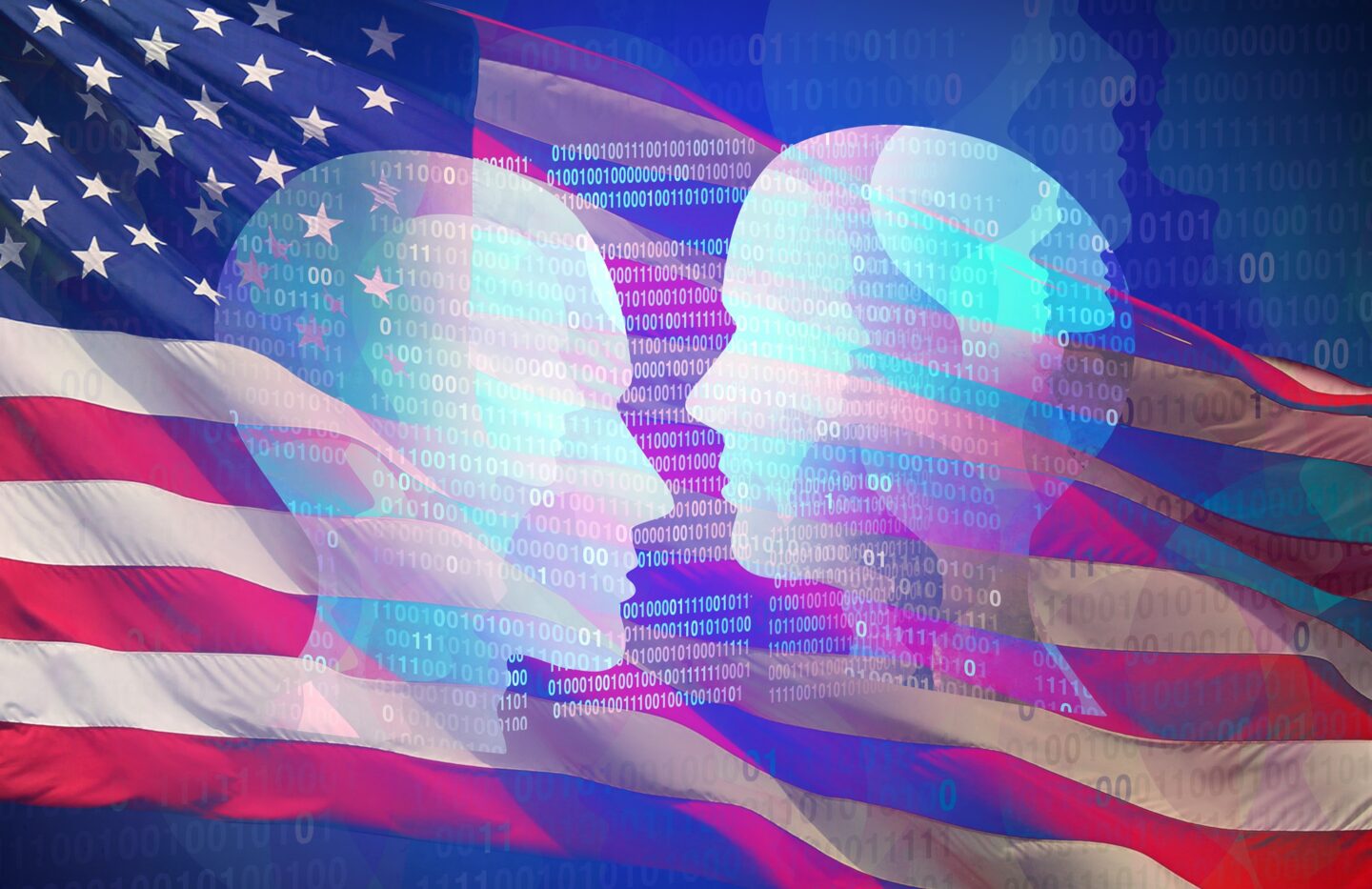In a world where AI and deepfakes blur reality, 72% of Americans fear these technologies could sway upcoming elections. The latest study by Jumio highlights the impact of these advanced technologies, emphasizing that they can create convincing fake media, such as altered images, videos, or audio recordings, that spread misinformation rapidly and deceive viewers who may believe these fabrications are genuine.
“With half of the global population participating in elections this year, the potential influence and impact of generative AI and deepfakes demand our immediate attention. Public faith in online information is crumbling, demanding a transparent discourse to confront this challenge and empower citizens with the tools to discern and report deepfakes. Online platforms hold a critical duty to leverage cutting-edge detection measures like multimodal, biometric-based verification systems to fortify our defenses against deepfakes influencing pivotal elections," said Robert Prigge, CEO, Jumio.
In its previous report, Jumio noted a gap between deepfake advancements and consumer awareness. While consumers acknowledge the risk of identity fraud from deepfakes, they often overestimate their ability to spot them, increasing susceptibility to attacks.

Recent incidents highlight the disruptive power of deepfakes. In February 2024, an audio deepfake imitating President Joe Biden was used in calls to discourage Democratic voters in New Hampshire. Similarly, a deepfake video falsely showing former UK Prime Minister Rishi Sunak endorsing contentious policies quickly gained traction online.
The study showed that 72% of American respondents fear AI and deepfakes could influence elections, while 70% express increased skepticism towards online content compared to previous elections. Globally, only 46% of people believe they can identify a deepfake involving a political figure or celebrity, with confidence dropping to 37% in the US.
Only 22% of Americans aged 55 and older trust their ability to spot these fakes. Furthermore, just 43% of global consumers trust online political news, with Americans being even less trusting at 32%.









